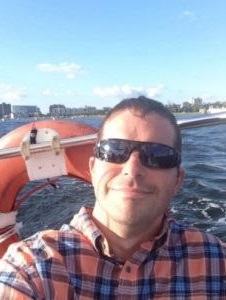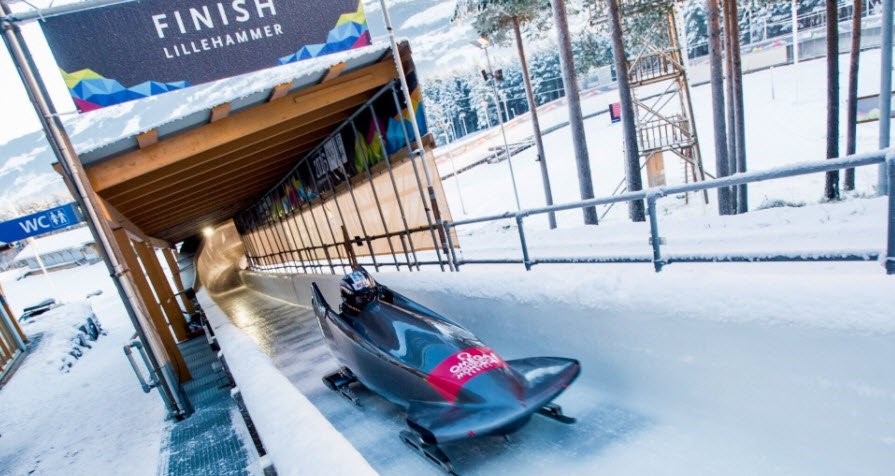When I got home, I still had rehab, and I started back to high school. I didn’t have a lot of down time, and I believe that was a good thing for me. Before my injury I was an athlete. I played football, wrestled, rode motocross, skied and rode my motorcycle off-road. My schedule was still as busy after my injury.
Of course, being back in high school and in a wheelchair was different from my life before, but my friends were very welcoming. They were always by my side. When I was in the hospital, they’d come visit me every day and sometimes at night. They made my adjusting to my new life much better and easier than it would have been without them.
"The year after my injury was probably the hardest year for me."
It was about a year before I could truly adjust to my new normal. Because of the strong support of friends and family, I didn’t have any major depression issues during that time. They seemed to always keep me busy. Having that support system made all the difference in my recovery and adjustment.
After high school graduation, I enrolled at the University of Oregon and majored in business. One of the advantages of going to the University of Oregon was that the campus was pretty hilly. Those hills helped me build up my physical strength, besides the exercising I already was doing at physical therapy. Eugene, Oregon is very accepting of all types of people. That city was a great place to learn to adjust to my new body.
I have also enjoyed peer mentoring other people who may be living life after SCI. I tell newly injured people in wheelchairs to be prepared for the first year after their accidents to be the most difficult. I tell them to remember that just because they’re injured, it doesn’t mean that their worlds have to change that drastically. They’re still the same persons they were before the injury.
"If you’re an ambitious person, there is no reason to think that being in a wheelchair will hold you back from doing anything."
You can have whatever you want in life. You just have to work for it – whether you’re in a wheelchair or not. I’ve never thought that my life should be any different just because I’m using a wheelchair. People are often surprised to hear that I drive or that I have a full-time job. Don’t let whatever has happened to you to limit you.
Sometimes I get questions from people newly in wheelchairs about dating and marriage. I tell them what a nurse once told me. Everyone has a disability, whether you can see that disability or not. It made me realize when you have a life-changing experience, you have to choose to make the best of it or not.
















